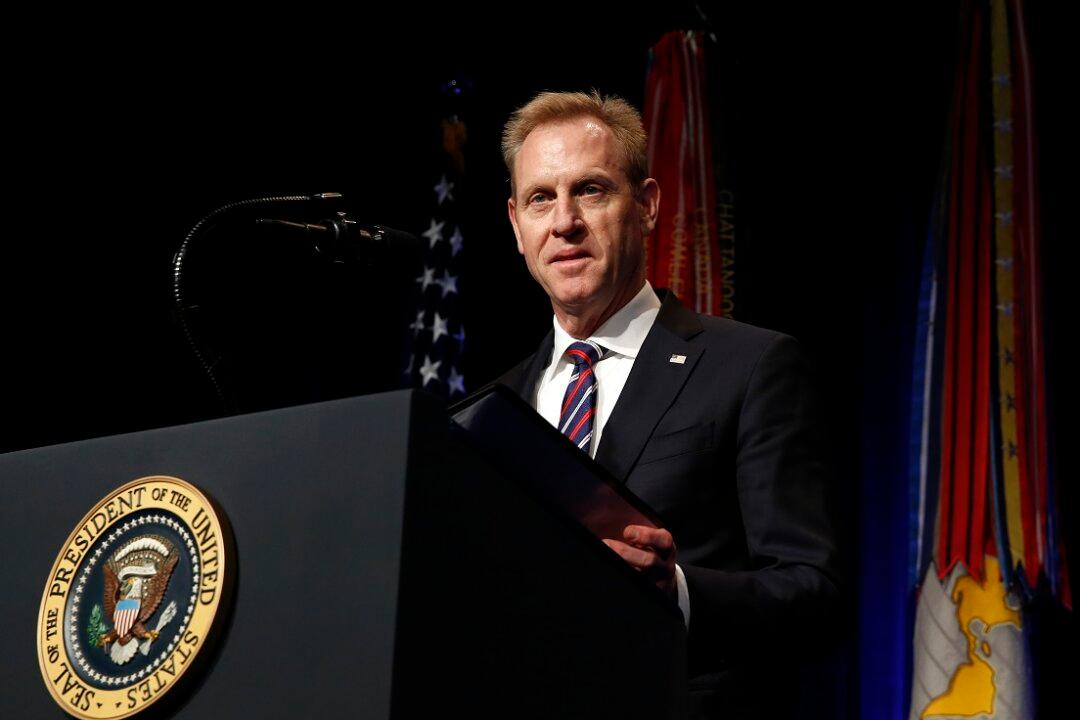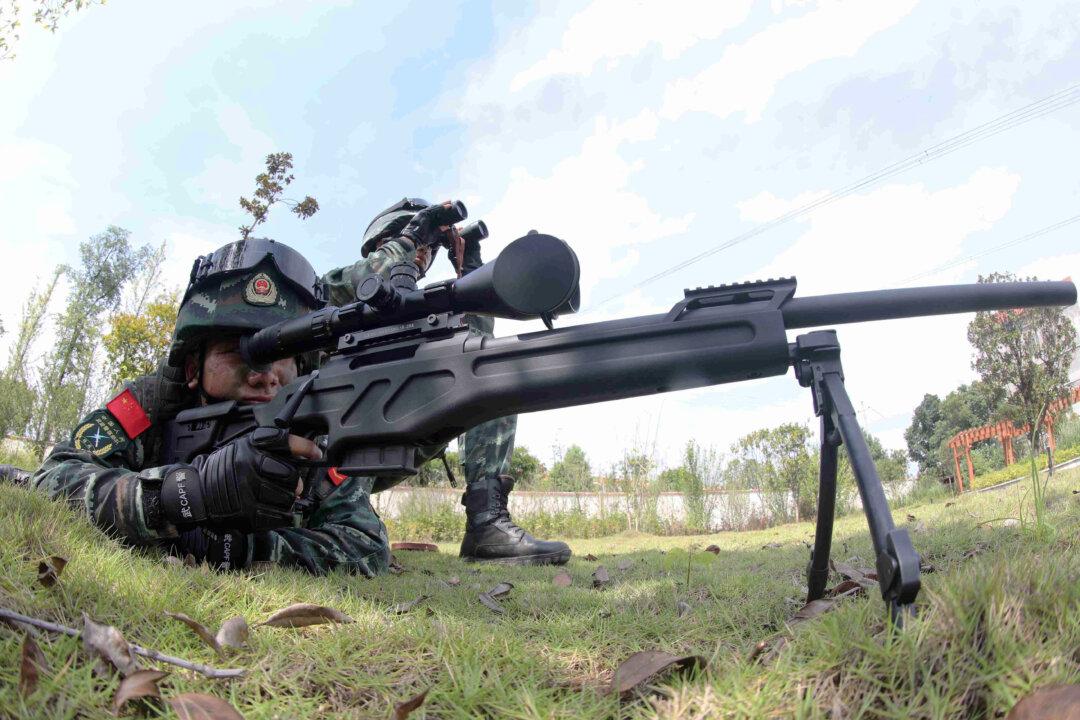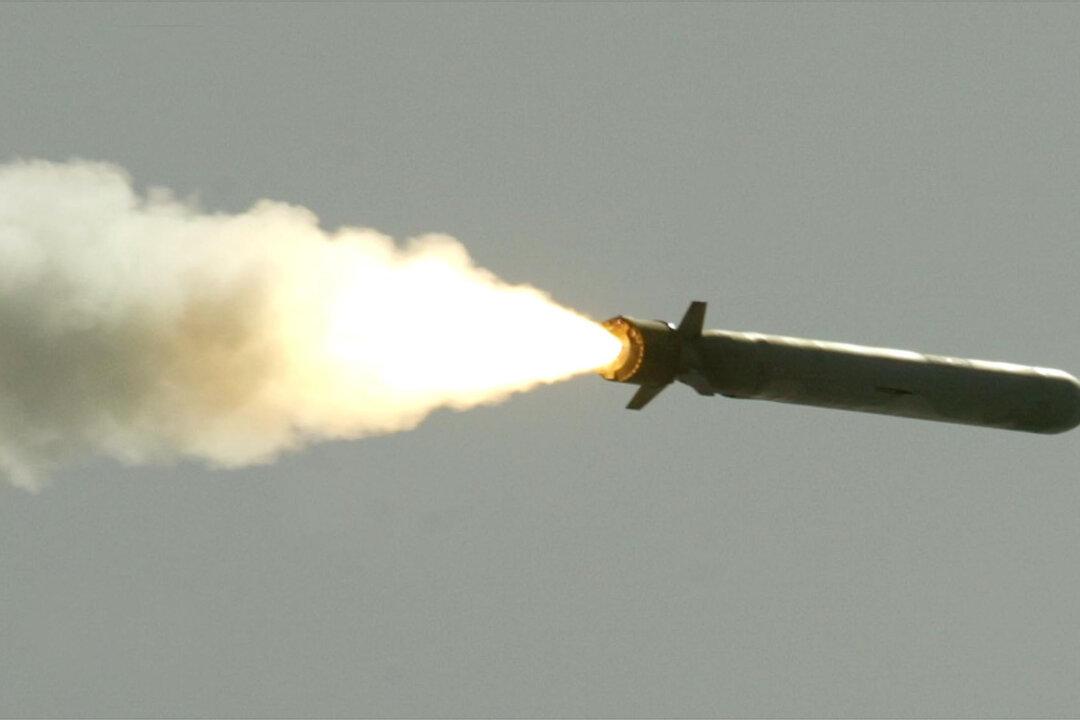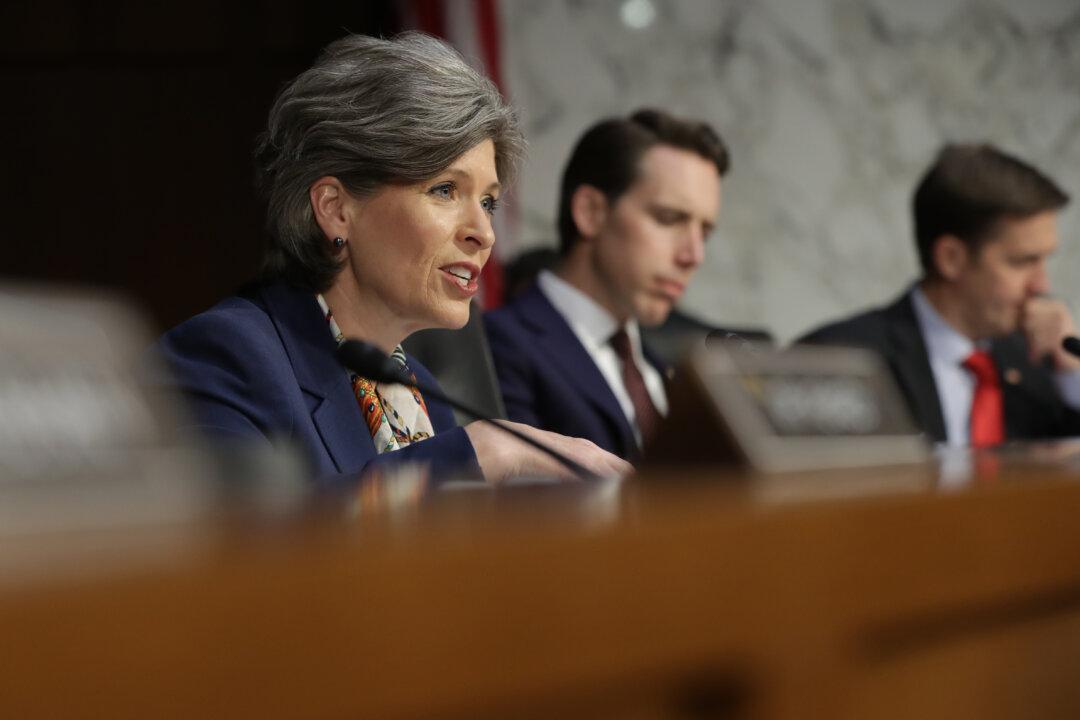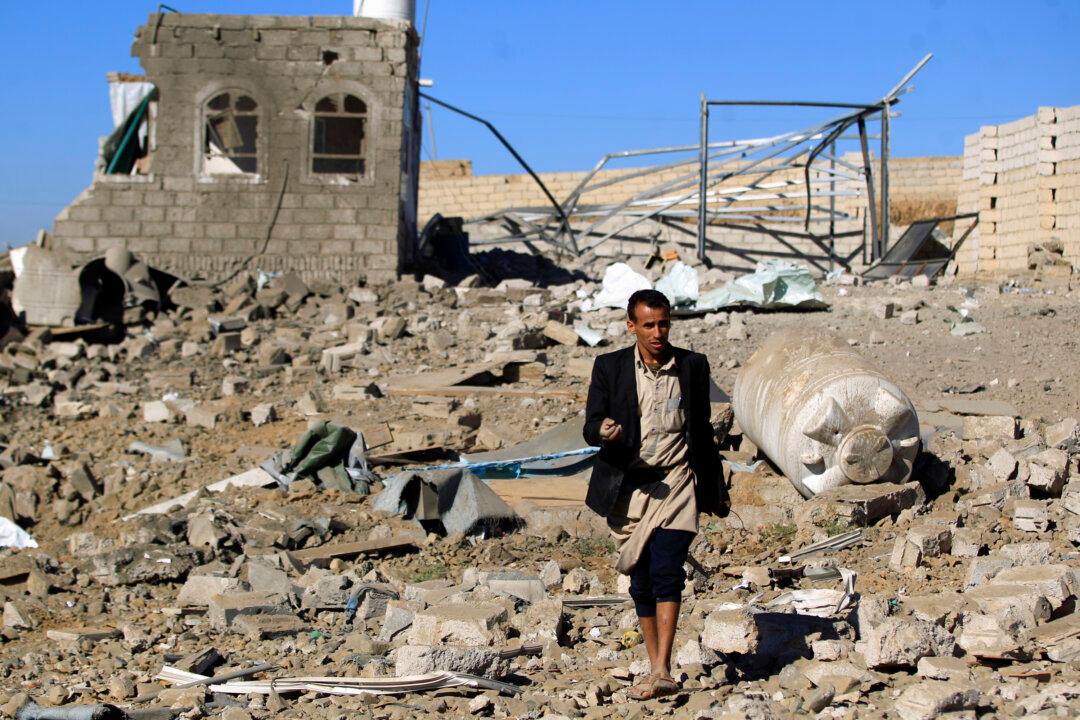WASHINGTON—The nation got a formal introduction to the man some consider likely to permanently succeed James Mattis at the Pentagon, as acting Defense Secretary Patrick Shanahan held his first press briefing on Jan. 29.
In a brief but wide-ranging question-and-answer session with reporters, Shanahan addressed everything from current U.S. military operations, to the president’s use of the military at the U.S.–Mexico border, to his job status. On the border, Shanahan expects the deployment of several thousand new troops.
